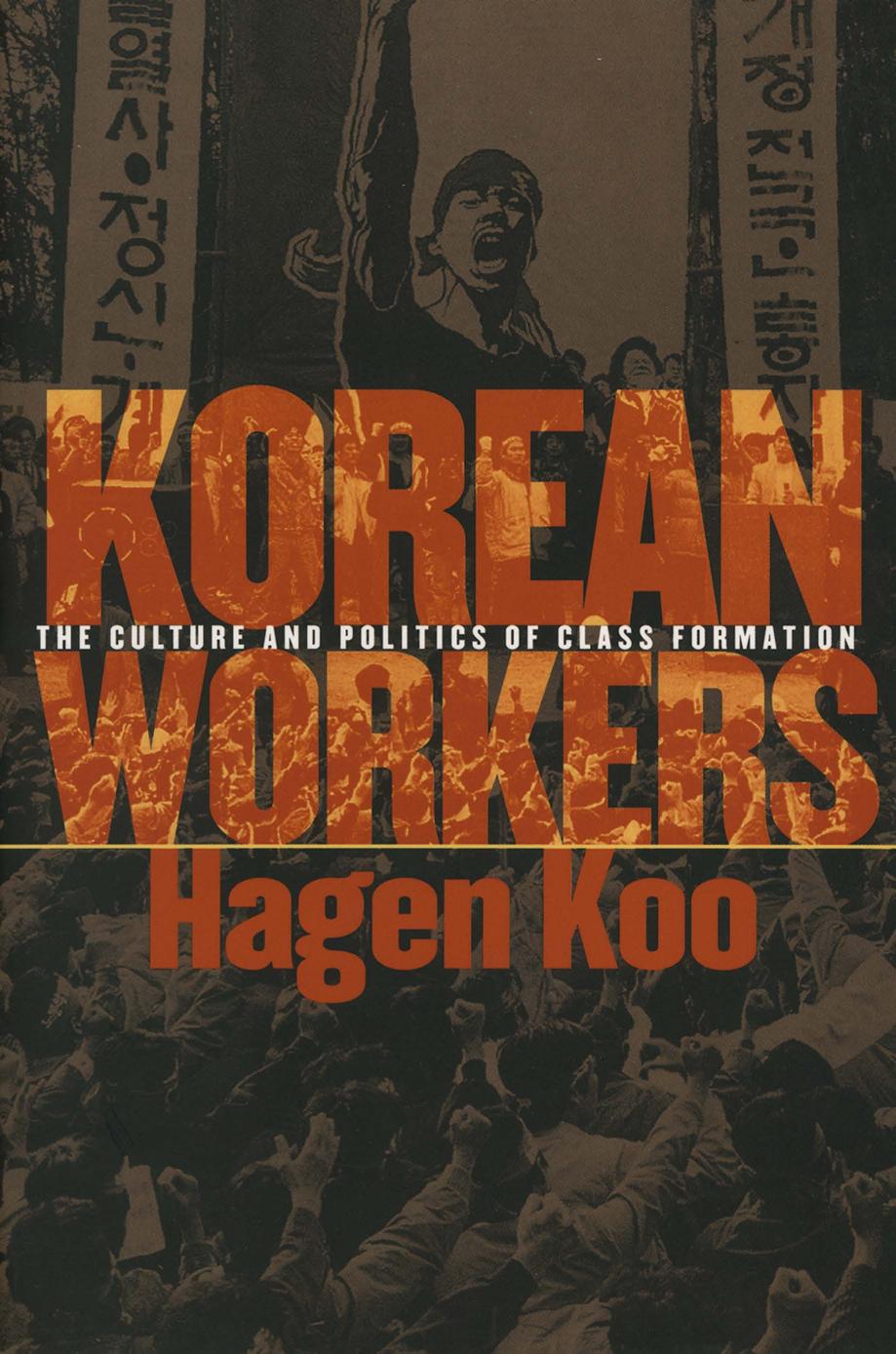

Most ebook files are in PDF format, so you can easily read them using various software such as Foxit Reader or directly on the Google Chrome browser.
Some ebook files are released by publishers in other formats such as .awz, .mobi, .epub, .fb2, etc. You may need to install specific software to read these formats on mobile/PC, such as Calibre.
Please read the tutorial at this link: https://ebookbell.com/faq
We offer FREE conversion to the popular formats you request; however, this may take some time. Therefore, right after payment, please email us, and we will try to provide the service as quickly as possible.
For some exceptional file formats or broken links (if any), please refrain from opening any disputes. Instead, email us first, and we will try to assist within a maximum of 6 hours.
EbookBell Team

4.0
26 reviewsForty years of rapid industrialization have transformed millions of South Korean peasants and their sons and daughters into urban factory workers. Hagen Koo explores the experiences of this first generation of industrial workers and describes its struggles to improve working conditions in the factory and to search for justice in society.
The working class in South Korea was born in a cultural and political environment extremely hostile to its development, Koo says. Korean workers forged their collective identity much more rapidly, however, than did their counterparts in other newly industrialized countries in East Asia. This book investigates how South Korea's once-docile and submissive workers reinvented themselves so quickly into a class with a distinct identity and consciousness.
Based on sources ranging from workers' personal writings to union reports to in-depth interviews, this book is a penetrating analysis of the South Korean working-class experience. Koo reveals how culture and politics simultaneously suppressed and facilitated class formation in South Korea. With chapters exploring the roles of women, students, and church organizations in the struggle, the book reflects Koo's broader interest in the social and cultural dimensions of industrial transformation.